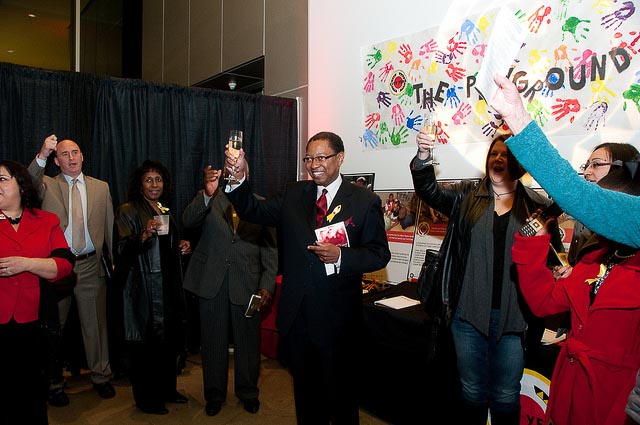The country elected its first black mayor in 1967, and some 45 years later there are more than 500 black people leading American cities and some 300 Latinos doing the same.
But research that looks at how that progress has taken place is surprisingly sparse.
That’s what Rice University’s Melissa Marschall and Anna Mikulska tried to address with their examination of office-seeking and election-winning history of black candidates in Louisiana.
This historic look is seen as an initial step in explaining black political representation by outlining where candidates have had the most success, finding patterns across different offices and identifying where there hasn’t been much progress at all.
Eventually, the researchers intend to examine legislative, executive and administrative and law enforcement electoral history to develop a theory on how minorities are gradually incorporated into politics.
The Study and Findings
The study pulls its election-related data from three sources: the Joint Center for Political and Economic Research, the Southern Regional Council’s Voter Education Project, and election returns from the Louisiana secretary of state. It then compares that data to specific candidate characteristics compiled by the Local Elections In America Project, or LEAP, the Kinder Institute’s repository of local election information from across the country.
The data showed that black leaders are more likely to hold City Council offices than offices in a school board or parish, Louisiana’s equivalent of a county. That’s mostly been the case throughout the study period, from after the passage of the Voting Rights Act in 1965 through 2010.
Meanwhile, there’s been a steady increase in the number of black leaders elected to mayoral or chief law enforcement positions over that same time.
The data on candidates that sought those positions over the years is much messier. The number of candidates for mayoral offices is much lower than those who sought council positions, and it’s typically lower than the number who sought parish and school board seats too.
But the study also showed that different jurisdictions have shown considerably different experiences in electing their first black leaders to various offices. Almost all school boards had elected a black member, while comparatively few cities had elected black mayors.
“In fact, by 2010, 93 percent of Louisiana school boards had witnessed the election of a black school board member and 78 percent of parish legislative bodies had done the same,” the researchers write.
“In contrast, only 51 percent of city councils in Louisiana had experienced the election of a black councilor. Further, the least progress has been made in electing blacks to the office of the mayor. By 2010 only 17 percent of Louisiana cities had ever done this.”

